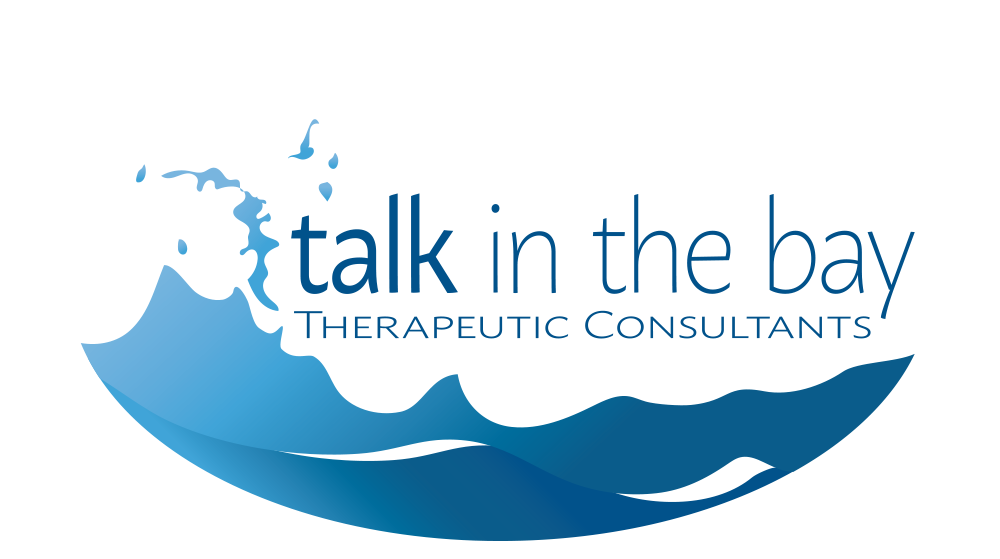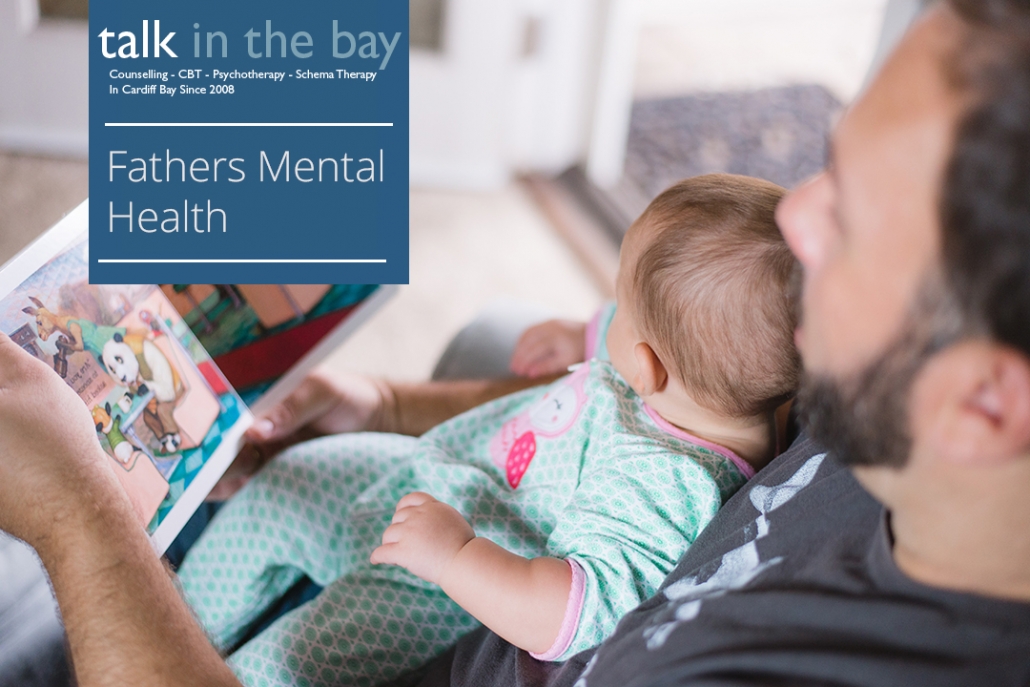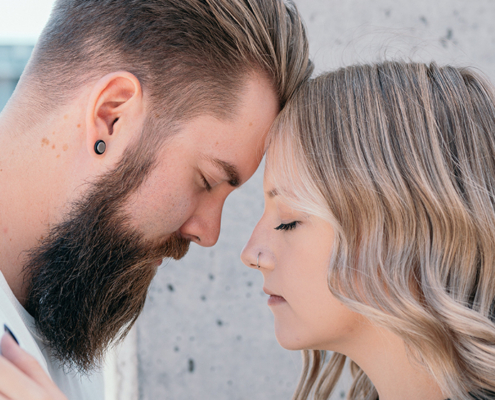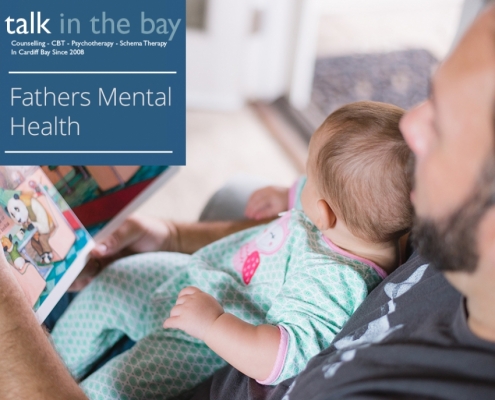Let us help
Cognitive behavioural therapy (CBT) is a talking therapy that can help you manage your problems by changing the way you think and behave.
It is most commonly used to treat anxiety and depression, but can be useful for other mental and physical health problems.
Learn more about CBT
Solution-focused brief therapy – also known as solution-focused therapy – is an approach to psychotherapy based on solution-building rather than problem-solving. Although it acknowledges present problems and past causes, it predominantly explores an individual’s current resources and future hopes – helping them to look forward and use their own strengths to achieve their goals.
Learn more about Solution-focused brief therapy
Psychotherapy involves regular personal interaction and the use of psychological methods and techniques particularly, to help change behavior and overcome problems in desired ways.
Learn more about Psychotherapy
 https://talkinthebay.co.uk/wp-content/uploads/2022/10/World-Mental-Health-Day-2022-e1716448698921.jpg
563
1080
Carin Stenbeck
https://talkinthebay.co.uk/wp-content/uploads/2022/02/TalkintheBay_Logo_300dpi_Large.png
Carin Stenbeck2022-10-03 13:53:512022-10-04 13:39:59World Mental Health Day 22
https://talkinthebay.co.uk/wp-content/uploads/2022/10/World-Mental-Health-Day-2022-e1716448698921.jpg
563
1080
Carin Stenbeck
https://talkinthebay.co.uk/wp-content/uploads/2022/02/TalkintheBay_Logo_300dpi_Large.png
Carin Stenbeck2022-10-03 13:53:512022-10-04 13:39:59World Mental Health Day 22




